Relationship between PH, Hardness & Alkalinity
greasetrap
8 years ago
last modified: 8 years ago
Related Stories

GARDENING GUIDESGrow a Beautiful Garden in Alkaline Soil
Got alkaline soil? Learn how to manage it and the many beautiful plants that will thrive in this ‘sweet’ soil
Full Story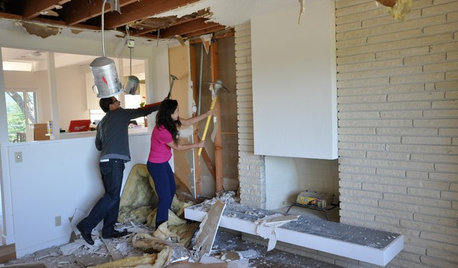
REMODELING GUIDESWisdom to Help Your Relationship Survive a Remodel
Spend less time patching up partnerships and more time spackling and sanding with this insight from a Houzz remodeling survey
Full Story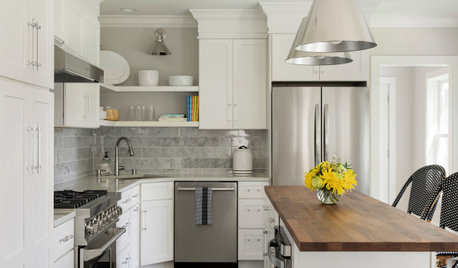
HOUSEKEEPINGTackle Big Messes Better With a Sparkling-Clean Dishwasher
You might think it’s self-cleaning, but your dishwasher needs regular upkeep to keep it working hard for you
Full Story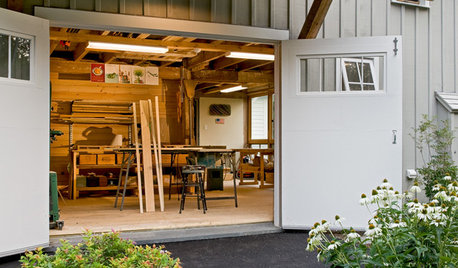
LIFEStressed Out? Try Hitting the Woodshop
Building things with your hands just might boost your mood while giving you personal new pieces for your home
Full Story
GARDENING GUIDESGreat Design Plant: Mertensia Virginica
Virginia bluebells provides relief from winter with a big display of color
Full Story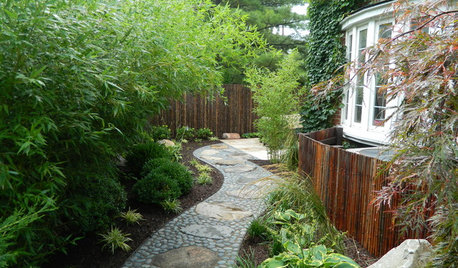
GARDENING AND LANDSCAPINGGrow a Lush Privacy Screen
No need to wait forever for patio privacy the green way. These 10 ideas will get your screening up and running in no time
Full Story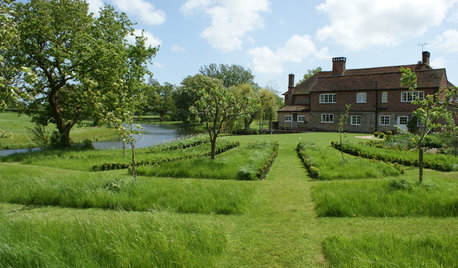
GRASSESHow to Rock a Lawn
Weekend Project: The key to healthy grass begins with the soil. If turf works for you, here’s how to fix it and keep it looking its best
Full Story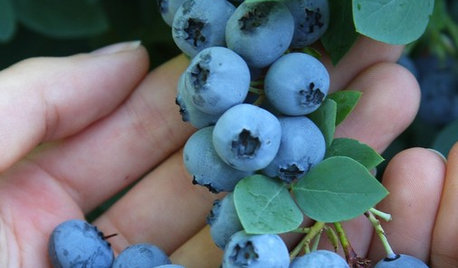
EDIBLE GARDENSSummer Crop: How to Grow Blueberries
Plant blueberries in spring or fall for garden beauty through three seasons — and a sweet superfood in summer
Full Story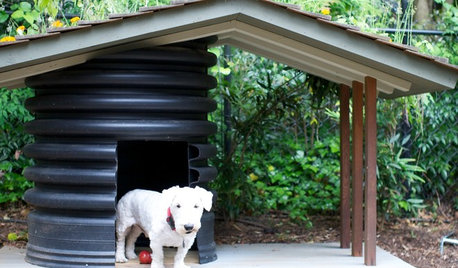
PETSHow to Help Your Dog Be a Good Neighbor
Good fences certainly help, but be sure to introduce your pup to the neighbors and check in from time to time
Full Story
GARDENING GUIDESMild-Winter Gardens Celebrate Colorful Camellias
Grow these evergreen beauties as standout accent plants or blend them into your garden landscape
Full Story


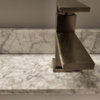

User
greasetrapOriginal Author
Related Discussions
PH, Alkalinity and Hardness are high, product recomendations?
Q
Alkaline soil question.
Q
Alkaline clay soil seeking acidic amendments
Q
Why dusting with alkaline corn meal works?
Q
User
greasetrapOriginal Author
User
greasetrapOriginal Author
User
greasetrapOriginal Author